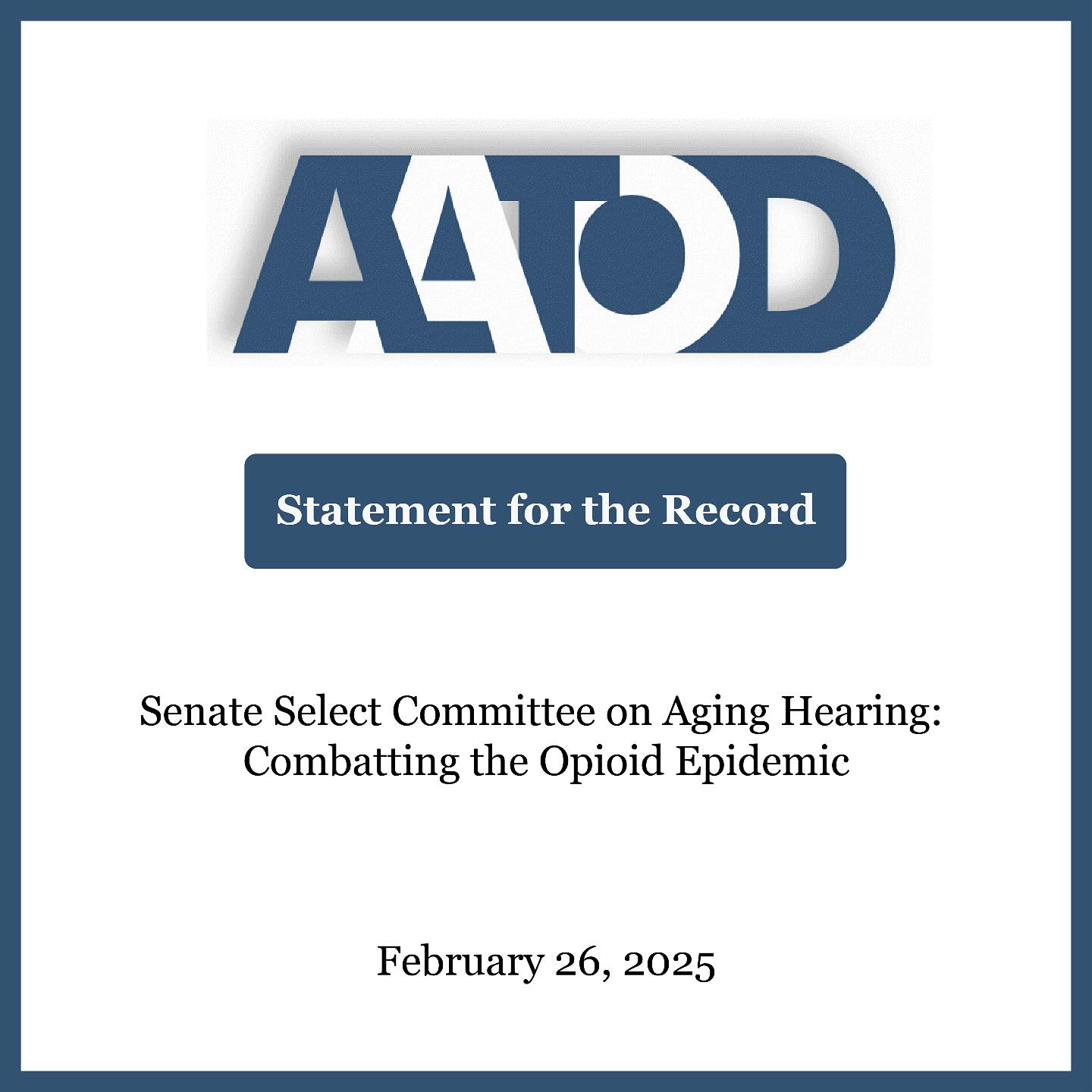Indiana Community Mental Health Center Highlighted on National ONDCP Webinar; Implores That We Learn From COVID-19
Written by Megan C. Fisher, LCAC, LMHCA, TTS – Director of Recovery Engagement at Porter-Starke Services, Inc. and Vice President-Treasurer/Secretary, AATOD Indiana Chapter
Due to her extensive work with federal and state grants focusing on the opioid use disorder population in the past two years, Megan C. Fisher of Porter-Starke Services in Indiana, was invited by the Office of National Drug Control Policy (ONDCP) to speak on a national webinar in November, 2020. The educational event’s purpose included showcasing efforts being made to support the reentry process for individuals being released early from correctional facilities as a result of the COVID-19 pandemic. Speakers on the agenda also included: Arthur Kleinschmidt, PhD, Deputy Director, White House Office of National Drug Control Policy; LCDR L. Sheneé Toombs, PharmD, CPH, Policy Analyst, National Cocaine Coordination Group, ONDCP; Mariel Lifshitz, MPH, Senior Advisor on Opioids, Substance Use, and Mental Health Policy, Office of Justice Programs, Department of Justice; Pastor John “Tony” Lowden, Executive Director, Federal Interagency Council on Crime Prevention and Improving Reentry, Office of Justice Programs, Department of Justice; Ernie Fletcher, MD, Co-Founder and Chief Medical Officer, The Fletcher Group; Roxanne Elliott, MS, Policy Director, FirstHealth of the Carolinas; Betty-Ann Bryce, Special Advisor for Rural Affairs, National Opioids and Synthetics Coordination Group, ONDCP; Sophia Adamantiades, MA, MS, Public Health Analyst, Health Resources & Services Administration; Stephanie Bell, MSW, Senior Policy Advisor, Centers for Medicare & Medicaid Services; and Nancy Kirchner, MSW, Health Insurance Specialist, Centers for Medicare & Medicaid Services.
During this opportunity, Megan was able to report on her organization’s local successes in ensuring released detainees’ access to evidence-based care, strategies to mitigate COVID-19 risks, ability to overcome barriers, and leveraging state/federal resources. With respect to overdose prevention, Megan spoke on the significance of naloxone education and distribution, Deterra Pouch circulation, utilization of Mobile Response Teams, and the importance of Emergency Department initiation of Medication-Assisted Recovery (MAR) with warm handoffs to outpatient providers. Treatment access strategies included increased MAR capacity, significant coordination among all Indiana Opioid Treatment Programs (OTP) and the Division of Mental Health and Addiction (DMHA) to loosen regulations for safe medication dispensing, maximizing telehealth capabilities, and performing pre-release services within the jail to ensure a smooth transition to the community. Housing, employment, mutual aid, and primary medical care were also emphasized as necessary components of a comprehensive release plan. Megan stressed the power that community collaboration can have, as no individual entity can possibly meet the multifaceted needs of the substance use and behavioral health populations alone.
Acknowledging the complexity of addressing a substance epidemic within a COVID-19 pandemic, Megan took her final few moments to make a timely request. It is imperative that we consider revising some outdated recovery approaches which are stigma-laden and embedded in punitive ideology. If the less restrictive MAR practices produce similar outcomes and reduce barriers, why not make them permanent? How can we make Peer Recovery services a sustainable practice through appropriate reimbursement rates across the country? How do we continue to use telehealth as a viable option and prevent insurance-driven rollbacks post-pandemic? How do we funnel more funding to transportation and housing projects which lack substantial grant support? How do we create consistency and true parity for behavioral health concerns within the criminal justice-involved populations? We have made great strides in substance and opioid use recovery support, but we have an incredible opportunity to use the challenges of the COVID-19 pandemic to propel preventative and innovative strategies into long-term and impactful solutions.






























